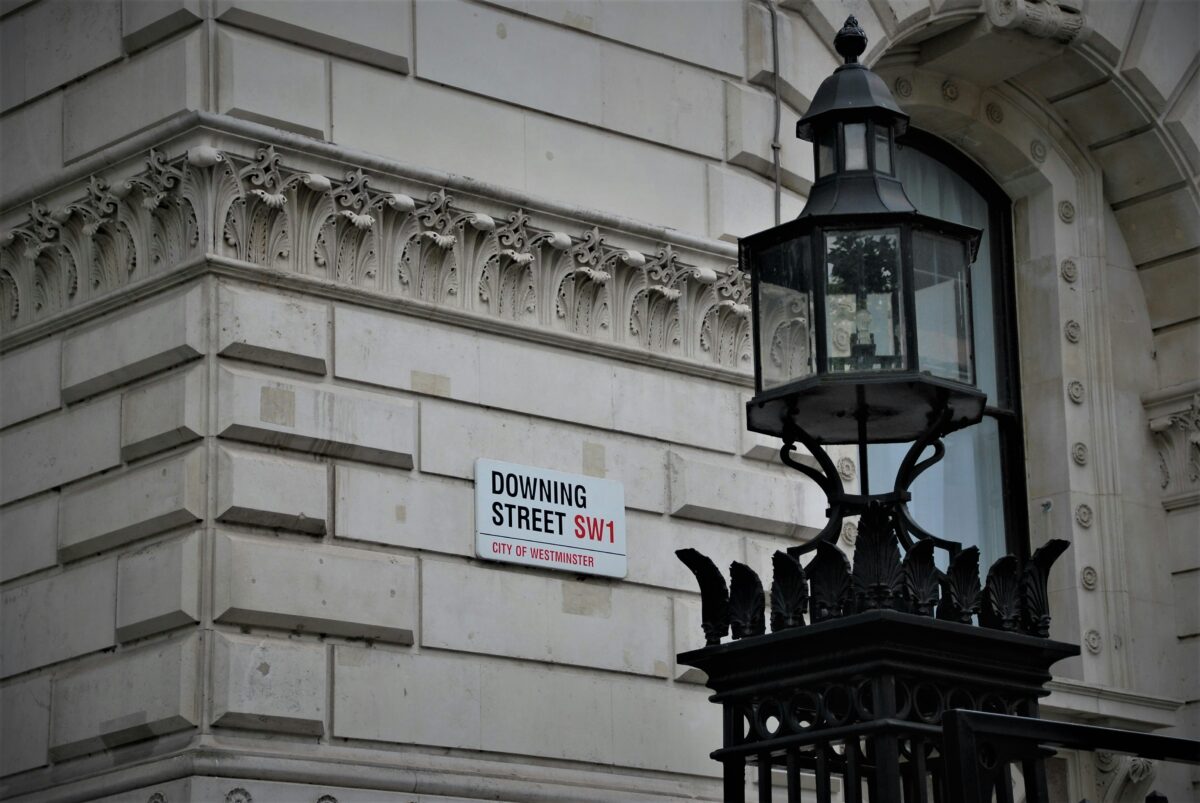One of the largest solar and storage development in the United Kingdom faces a legal challenge from local government administrations, following the UK government’s decision to approve the project in July 2024.
The Sunnica Energy Farm solar plus storage project, which has permission for a grid connection of up to 500 MW, was granted development consent following a yearslong process, but continues to face opposition from local politicians and campaigners. Plans for the project consist of a 621-hectare solar park as well as 33 hectares for battery storage, straddling the borders of West Suffolk and Cambridgeshire, England.
Secretary of State for Energy Ed Miliband granted a development consent order (DCO) for Sunnica in July 2024 as part of a trio of DCO decisions made in his first fortnight in office. Local politicians have claimed the minister acted too quickly. In a statement announcing legal action, Councillor Richard Rout of Suffolk County Council accused Miliband of “waving through the awful Sunnica application with reckless abandon.”
Solar projects in England with capacity greater than 50 MW require sign-off from central government, in the shape of a DCO. This process replaces the normal local authority planning process and instead sees a national Planning Inspectorate advise the secretary of state on whether projects should go ahead. Sunnica Energy Farm was approved by Miliband against Planning Inspectorate advice. However, was made following the introduction of new guidance for assessing nationally significant projects, which came into force in 2024 after the initial assessment of Sunnica Energy Farm was carried out. The update assigns critical national importance status to all forms of low carbon infrastructure.
In response to the decision, Suffolk County Council, West Suffolk Council, Cambridgeshire County Council, and East Cambridgeshire District Council have sent a pre-action protocol letter to the secretary of state, the first step on the road to potential judicial review proceedings. Should the secretary of state and the local councils fail to find a compromise, the next step for the councils would be to apply to the High Court to claim for judicial review. This claim must be submitted within six weeks of the DCO being granted, which was on July 12 2023.
The local authorities claim the development will result in considerable amounts of additional work, and therefore cost, for local authorities already facing financial pressure. While it's not uncommon for local authorities to seek fee provisions to cover the costs associated with administering projects granted a DCO, the decision to include a fee provision lies with the secretary of state. No provisions were included in the consent order for Sunnica.
Sunnica was approached and declined to comment.
This content is protected by copyright and may not be reused. If you want to cooperate with us and would like to reuse some of our content, please contact: editors@pv-magazine.com.



I’m just wondering, and this is a general question for this magazine, what happens with these projects when they reach the end of their useful life? What happens with the hardware? Where does it end up? Are there environmentally viable ways to take care tonnes of photovoltaic waste, which is known to be highly toxic for the surroundings? I didn’t notice much coverage in your magazine of that crucial aspect of the “renewable” technology, without which there’s no talk of sustainability. You don’t seem to care about the ecology nearly as much as about the next innovation and the next implementation into infrastructure.